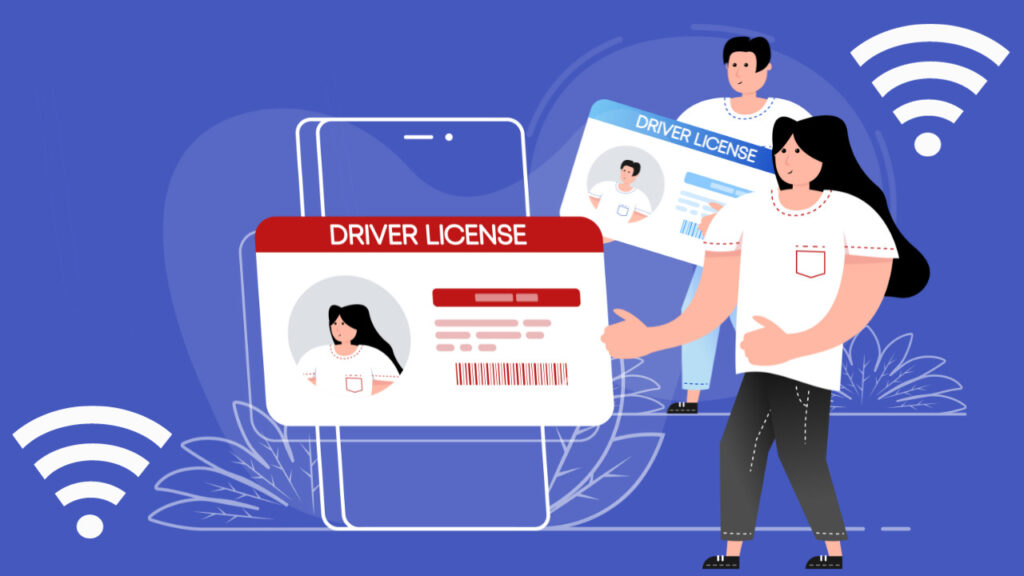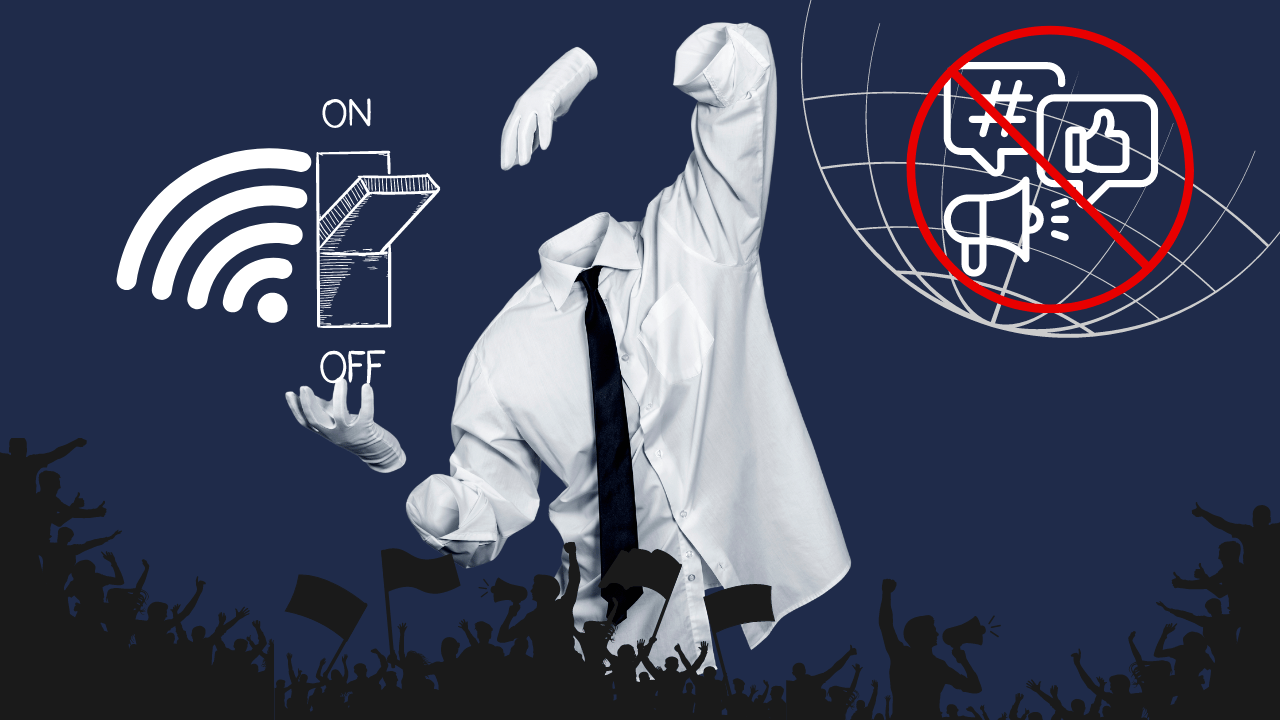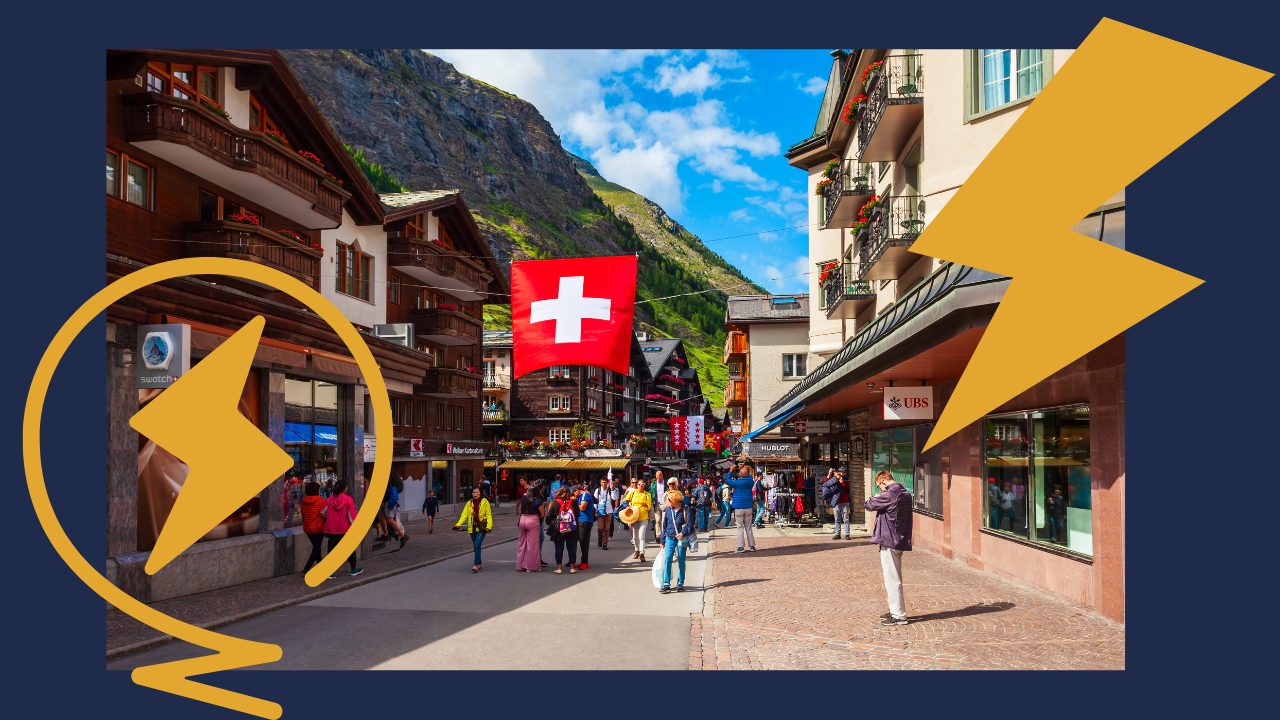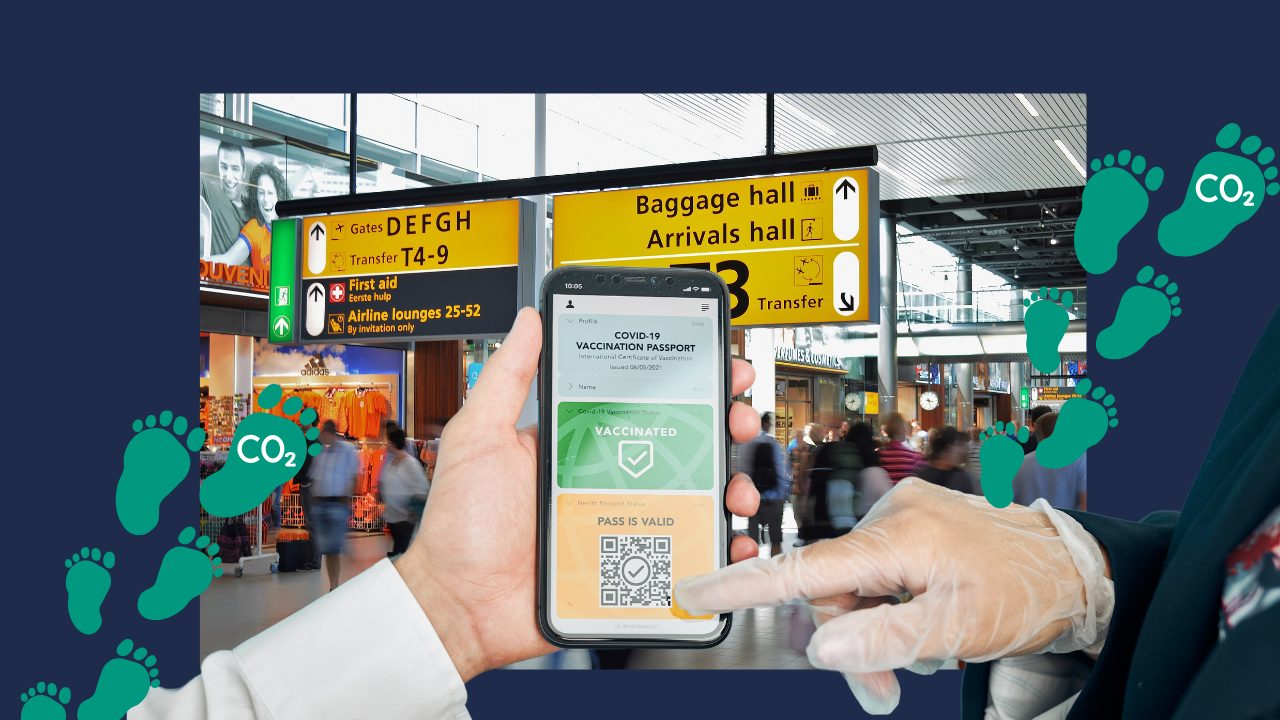Anonymity No More? Age Checks Come to the Web.
The way we surf the web might go through some serious changes soon, and not just for the kids. Across 2022 and 2023, numerous countries are contemplating age verification mandates for internet usage. They’re talking about this to keep the young ones safe from the wild stuff on the internet. To protect children online, more companies and governments are forcing us to prove how old we are. But here’s the catch: all this safeguarding could cost us:
Our online privacy
As Richard Errington, explain to the New York Times, one day he clicked to stream a science-fiction film from his home in Britain, when YouTube carded him.
The site said Mr. Errington, who is over 50, needed to prove he was old enough to watch “Space Is the Place,” a 1974 movie starring the jazz musician Sun Ra. He had three options: Enter his credit card information, upload a photo identification like a passport or skip the video.
Annoyed by this, he decided to skip the video.
Now, the idea of age checks isn’t new. You’ve probably checked a box saying you’re old enough to see certain things or entered your birthdate to make an account, right? But guess what? It’s not exactly tough to fake that stuff.
Since 2021, the United States called for new rules to protect young people after a former Facebook employee said the company knew its products harmed some teenagers. They repeated those calls on Tuesday in a hearing with executives from YouTube, TikTok and the parent company of Snapchat.
People in Japan must provide a document proving their age to use the dating app Tinder. The popular game Roblox requires players to upload a form of government identification — and a selfie to prove the ID belongs to them — if they want access to a voice chat feature. Laws in Germany, Switzerland and France require pornography websites to check visitors’ ages.
Social platforms started applying measures to verify age:
The pursuit of a solution to the complex challenge of verifying internet users’ ages without compromising their private online activities has engaged government entities, private corporations, and academic researchers for years. But the experience of consuming content and communicating online is increasingly less like an anonymous public square and more like going to the bank, with measures to prove that you are who you say you are.
Even after substantial effort, we as, advocates for privacy, trust very little about the readiness of governmental bodies to address this challenge effectively and constitutionally.
One common way is using a third party to vouch for your age – like showing your credit card or ID, or signing up with a third party companies like Allpasstrust or Jumio. Some other ways are a bit more out there. Imagine using a camera and face recognition to guess if you’re over 18 – Facebook and Instagram already do this. Another one is kinda crazy – it guesses your age based on what you do online. This one’s on the radar in France.
An update to the European Union’s rules for video and audio services requires sites to protect minors, which may include checking users’ ages. In response to the change, Google said that it would ask some users of YouTube, which it owns, for their identification documents or credit card details before they could watch adults-only videos, this is why Richard wasn’t able to watch his movie.
So convenient that social media apps are “force” to ask for your credit card information, isn’t?
In the European Union, they’re looking into a system called euCONSENT. It lets you pick from different approved ways to prove your age online. Some might ask for official IDs, like your driver license or credit card while others might use face recognition.
This examination of various age verification options underscores significant flaws in each method.
For instance, utilizing credit cards or government-issued IDs may exclude certain adult users without such credentials, potentially causing disparities in access.
Facial recognition-based age detection methods, though seeming promising, possess their own issues. While some claim high accuracy rates, such technology might not perform as effectively for individuals of different gender identities, ethnicities, or appearances, resulting in unequal access to online resources.
France’s CNIL has collaborated with experts to develop methods that utilize temporary tokens to verify age without disclosing personal details. However, even such approaches have limitations, including the potential for users to bypass the system using virtual private networks (VPNs).
The PRVCY Implications
All these system needed a data base, holding sensitive information on children, financial and personal information from people a which could be exploited.
The implementation of age verification systems could inadvertently normalize widespread data collection, enabling increased surveillance in the future. Let me put this clear, we really cared about the well being of kids and adolescent around the problem. The problem is that all age verification methods are essentially surveillance systems, exacerbating the collection and sale of private data.
In conclusion, the landscape of online interactions is poised to shift as age verification regulations gain momentum globally. As lawmakers strive to protect children from potential dangers, the delicate balance between safeguarding privacy and enforcing regulations remains a contentious issue. The outcome of these endeavors will undoubtedly shape the future of online interactions for all users.
in the name of keeping people safe, they could endanger user privacy, dampen free expression and hurt communities that benefit from anonymity online meanwhile they steal our most personal data and freedom.












